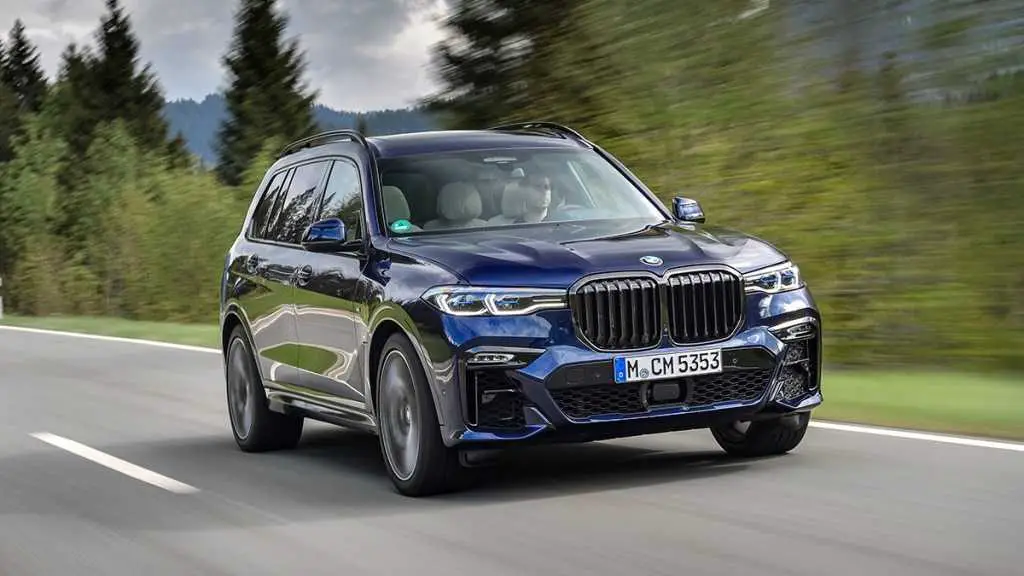BMW X5 PLUG-IN HYBRID 2023 Engine compartment The engine compartment of the 2023 BMW X5 Plug-In Hybrid is a great example of how far automobile engineering has come. It combines the power of combustion and electricity in a way that sounds great and is good for the environment. This technological marvel has a powerful but […]

